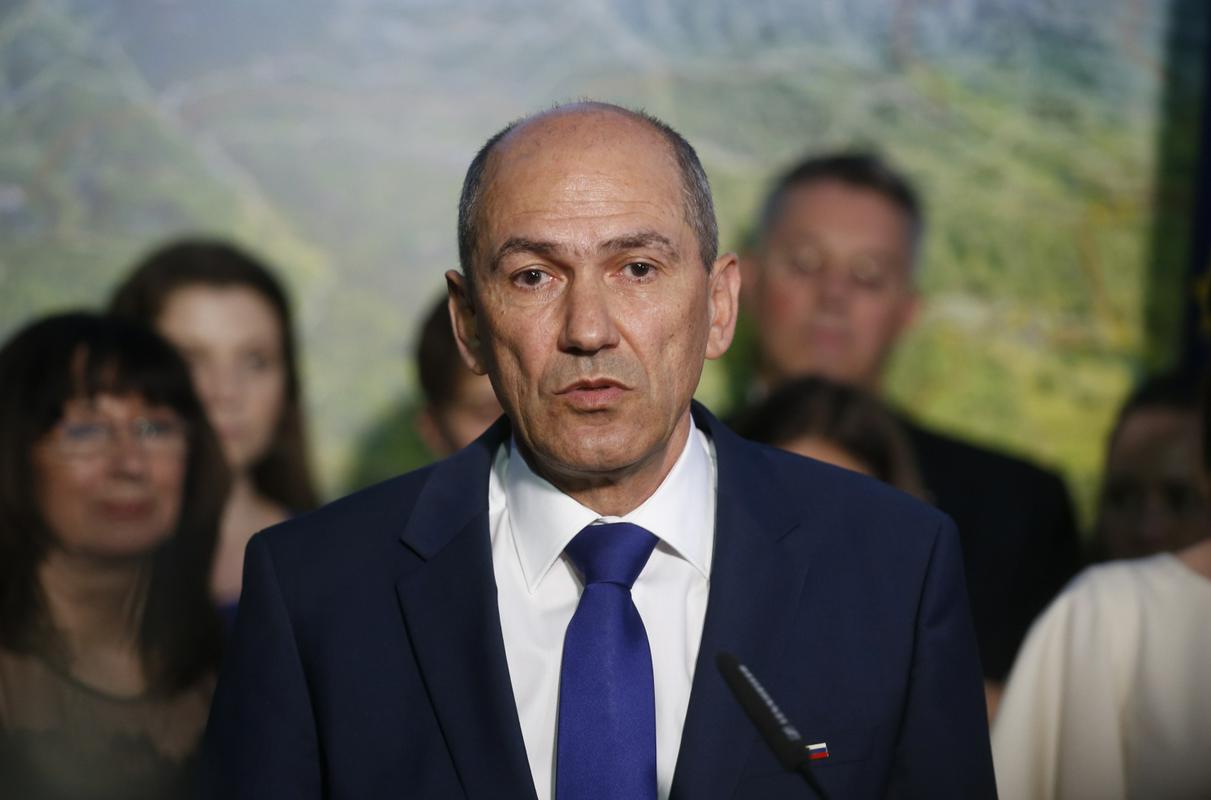
President Borut Pahor already announced that he will first offer the mandate to the relative winner of the elections, Janez Janša. But, considering the firm assurances of his political opponents, who refuse to go into coalition with him, Janša is well aware of the difficult task that lies before him.
Although the SDS Party election camp was thrilled with the results, one could sense a bit of concern in Janez Janša’s speech. It is already clear that he will not be able to form a centre-right coalition government, as both his party and the New Slovenia Party have a total of only 32 deputy seats. If you would add to that tally a potential 4 more seats from the SNS Slovenian National Party, Janša would still be around ten seats short of a government. The LMŠ List of Marjan Šarec, the SD Social Democrats and the SMC Party, which all won at least 10 deputy seats, have already categorically rejected any possibility of a coalition with Janša.
The remaining left-centre parties have also ruled out any collaboration with the SDS. So, if Janša fails, the other possibility is a coalition headed by Marjan Šarec. Initial calculations say the new coalition will have to be made up of five, six, or even seven parties. But even this will be difficult, as some parties find it almost impossible to cooperate with other parties. They all stress that the forming of the next coalition government will be especially difficult.
In every election there are also losers. The head of the SLS People’s Party, Marko Zidanšek, has already stepped down after his party once again failed to make it into parliament. In the coming weeks relevant party bodies will also decide on the fates of Karl Erjavec and possibly even Miro Cerar.

























































